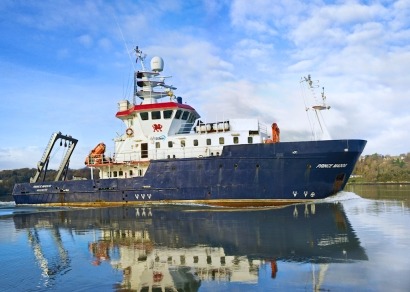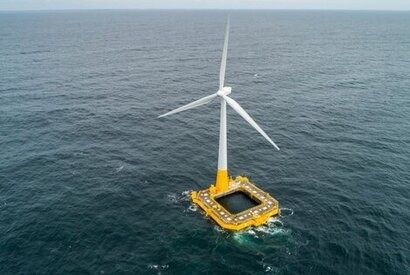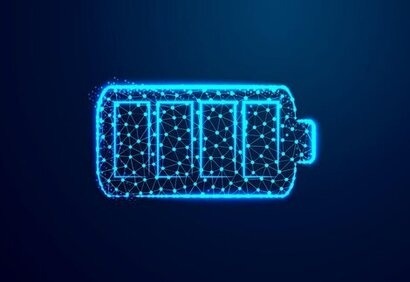WOBO thanks Renewable Energy Magazine for a selection of articles linked to energy related developments.

GreenFire Energy to Develop Closed-Loop Testing Capabilities at Well Testing Facility
GreenFire Energy Inc. will provide its Advanced Geothermal System (AGS), a closed-loop technology, as an industrial affiliate in the Wells2Watts Geothermal Energy Consortium. The consortium’s near-term focus is in using closed-loop geothermal technology to transform dry non-productive geothermal wells and non-productive oil and gas wells into geothermal wells capable of producing electrical power.

£5.5m Transship II Project to See UK Research Vessel Powered by Hydrogen
A university research ship, the only one of its kind in the UK, is set to reduce its emissions by up to 60% thanks to a pioneering £5.5 million hydrogen power initiative that could help re-shape the future of shipping.
The Transship II project is the largest retrofit of its kind to-date and will see the Prince Madog retrofitted with a hydrogen electric hybrid propulsion system that will enable zero to low emission operation by 2025.



Long-term natural resource scarcity is an impediment to achieving the goal of clean and sustainable energy storage and production, essential to meet the growing demand for energy. However, advanced materials science and engineering are on the cutting edge of creating viable solutions to complex energy problems. Currently, researchers from the World Universities Network are aiming to develop unique non-toxic electrode materials for high-energy-density rechargeable batteries.
There are limited natural resources in the world and they are getting depleted at fast rates. The use of fossil fuels further stresses the environment by emitting CO2, which is the main cause of global warming and environmental pollution. Therefore, the supply of alternative green renewable energy needs to be a top priority globally. Simultaneously, energy needs to be stored and transferred efficiently to harness the full benefits of renewable energy systems.
